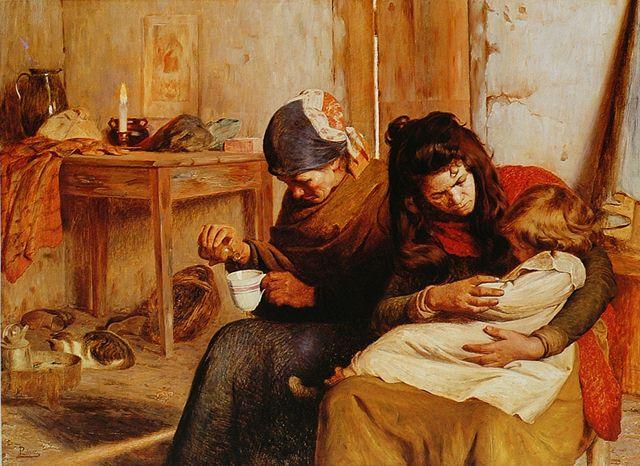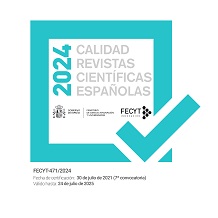AN EXPERIENCE ABOUT THE REFLECTIVE DIARY USE AS AN INSTRUMENT TO FOLLOW-UP AND EVALUATE THE HOSPITAL PRACTICES OF NURSING STUDENTS
Abstract
The European Higher Education Space outlines several changes on the perspectives both on the basic function of the nursing discipline, on the structure of the universitary curriculum and on the teaching/learning process based in the skills. This changes prompt us to a integrated organization of the clinical practices of the curriculum subject. In this way, we had promoted a Clinical Practices Project based on the skills to be acquired by the second course students of the Degree in Nursing of the University of Córdoba during the academic course 2006-07. In this Project the following subjects had participated: Medical-Surgical Nursing I, Maternal-Infantile Nursing I and Clinical Farmacology, Nutrition and Dietary. The objective of this article is to analyze the use of the Reflexive Diary as an assessment technique, i. e., has an instrument to follow and evaluate the learning results of the professional skills in the integrated clinical practices of those subjects.Downloads
-
Abstract1044
-
PDF (Español (España))762
The works published in this magazine are subject to the following terms:
1. The Publications Service of the University of Murcia (the publisher) preserves the copyright of the published works, and encourages and allows the reuse of the works under the license for use stated in point 2.
© Servicio de Publicaciones, Universidad de Murcia, 2011 (© Publications Service, University of Murcia, 2011)
2. The works are published in the electronic edition of the journal under Creative Commons Reconocimiento-NoComercial-SinObraDerivada 3.0 España(texto legal) “ a Attribution-NonCommercial-NoDerivatives 3.0 Spain license (legal text)”. They can be copied, used, broadcasted, transmitted and publicly displayed, provided that: i) the authorship and original source of their publication (journal, publisher and URL) are cited; (ii) are not used for commercial purposes; iii) the existence and specifications of this license is mentioned.
3. Conditions of self-archiving. Authors are allowed and encouraged to electronically disseminate the pre-print (pre-reviewed ) and / or post-print (reviewed and accepted for publication) versions of their works prior to publication, as it ensures a wider circulation and dissemination which may lead to a possible increase in its mention and a higher scope among the academic community. RoMEO color: green.













